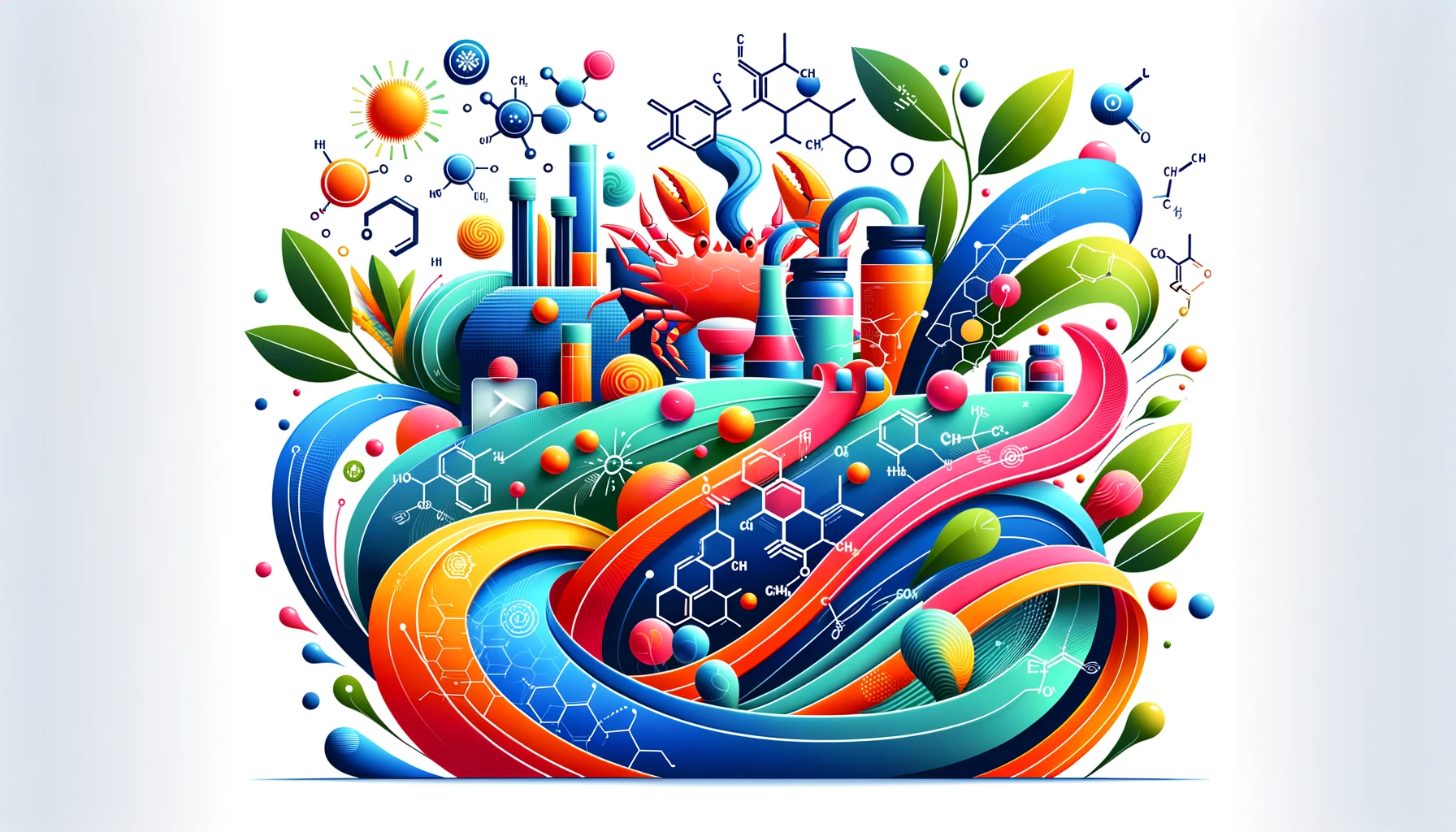Tidal Vision, an innovative startup transforming crab shells into sustainable industrial chemicals, has recently announced a significant milestone. The company is raising fresh capital to scale its operations and expand its market reach. This funding round aims to further develop its eco-friendly chitosan production process and meet the increasing demand for green alternatives in various industries.

Innovative Solution to Industrial Waste
Tidal Vision, headquartered in Bellingham, Washington, is revolutionizing the use of crustacean waste, specifically crab shells, by converting them into chitosan, a versatile and biodegradable polymer. This sustainable approach addresses both waste management and the need for eco-friendly industrial materials. Chitosan, derived from chitin found in shellfish exoskeletons, has applications ranging from water treatment to textile manufacturing.
Since its inception, Tidal Vision has focused on creating a scalable, cost-effective method to produce high-quality chitosan. The company’s proprietary process extracts chitin from crab shells and refines it into chitosan without harmful chemicals, making it an environmentally friendly alternative to conventional methods.

Fresh Funding for Expansion
On May 19, 2024, Tidal Vision announced its latest funding round, targeting strategic investors to help propel its growth. The capital raised will be used to enhance production capabilities, expand into new markets, and invest in research and development. The startup has not disclosed the amount it aims to raise, but industry analysts suggest it could be substantial given the growing interest in sustainable technologies.
This funding will enable Tidal Vision to increase its production scale and efficiency, ensuring it can meet the rising demand for green chemicals. Additionally, the company plans to explore new applications for chitosan, potentially opening doors to untapped markets.
The Growing Demand for Sustainable Alternatives
As industries worldwide face increasing pressure to adopt sustainable practices, the demand for green alternatives like chitosan is on the rise. Tidal Vision’s solution is particularly relevant in sectors such as water treatment, agriculture, and textiles, where traditional chemicals pose environmental and health risks.
Chitosan’s unique properties, including its biodegradability and non-toxicity, make it an attractive alternative. In water treatment, it acts as a natural flocculant, helping to remove contaminants without harmful byproducts. In agriculture, it serves as a natural pesticide and growth enhancer, promoting healthier crops and reducing chemical dependency. The textile industry benefits from chitosan’s ability to impart antimicrobial properties to fabrics, enhancing product longevity and hygiene.
Challenges and Prospects
From my point of view, Tidal Vision’s innovative approach to recycling crustacean waste into valuable industrial chemicals is a commendable step towards sustainability. However, the company faces several challenges as it scales its operations.
One major hurdle is ensuring a consistent supply of raw materials. The availability of crab shells fluctuates with fishing seasons and market demands, potentially affecting production stability. Additionally, while chitosan is versatile, educating industries about its benefits and integrating it into existing processes require significant effort and investment.
On the upside, Tidal Vision’s commitment to sustainability and innovation positions it well in a market increasingly driven by environmental concerns. The fresh funding will likely bolster its R&D initiatives, leading to improved processes and new product applications.
In summary, Tidal Vision’s recent funding round marks a pivotal moment for the startup as it seeks to expand its footprint in the green chemicals market. By turning crab shells into a valuable resource, the company not only addresses waste management but also provides industries with sustainable alternatives, aligning with global environmental goals. As I see it, Tidal Vision’s journey will be closely watched by both investors and environmental advocates, as it represents a promising fusion of innovation and sustainability in the industrial sector.






